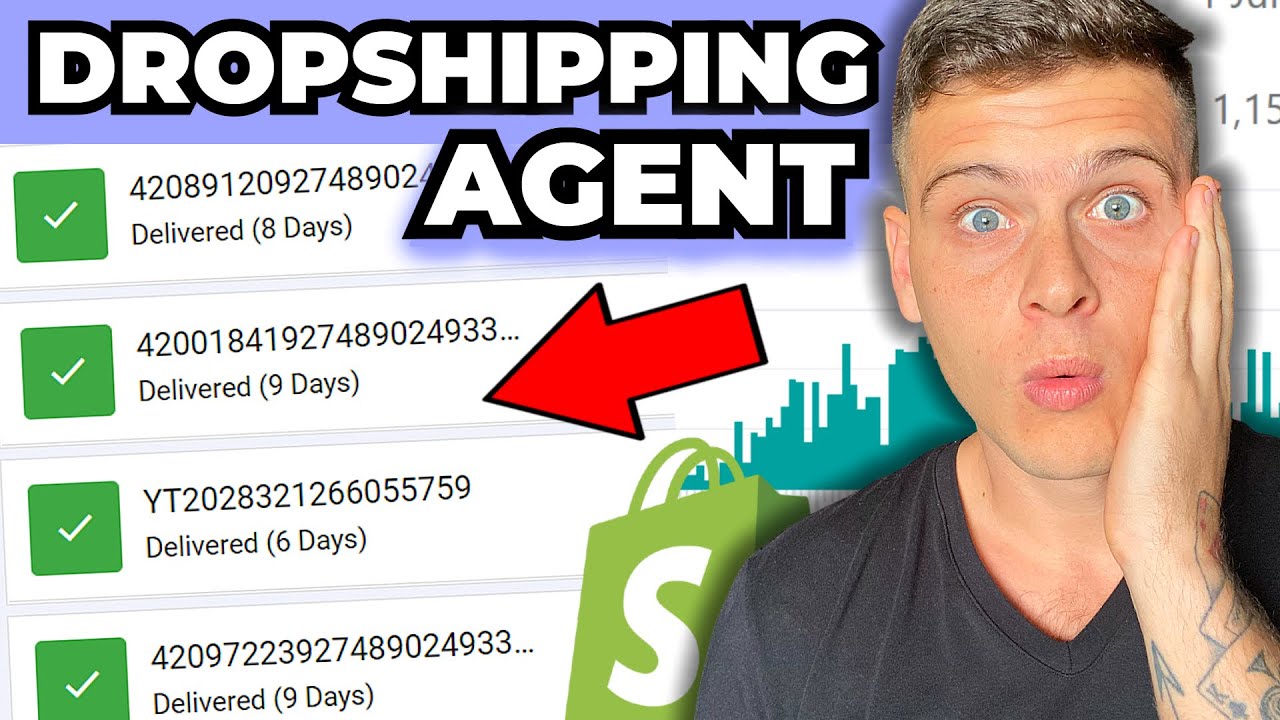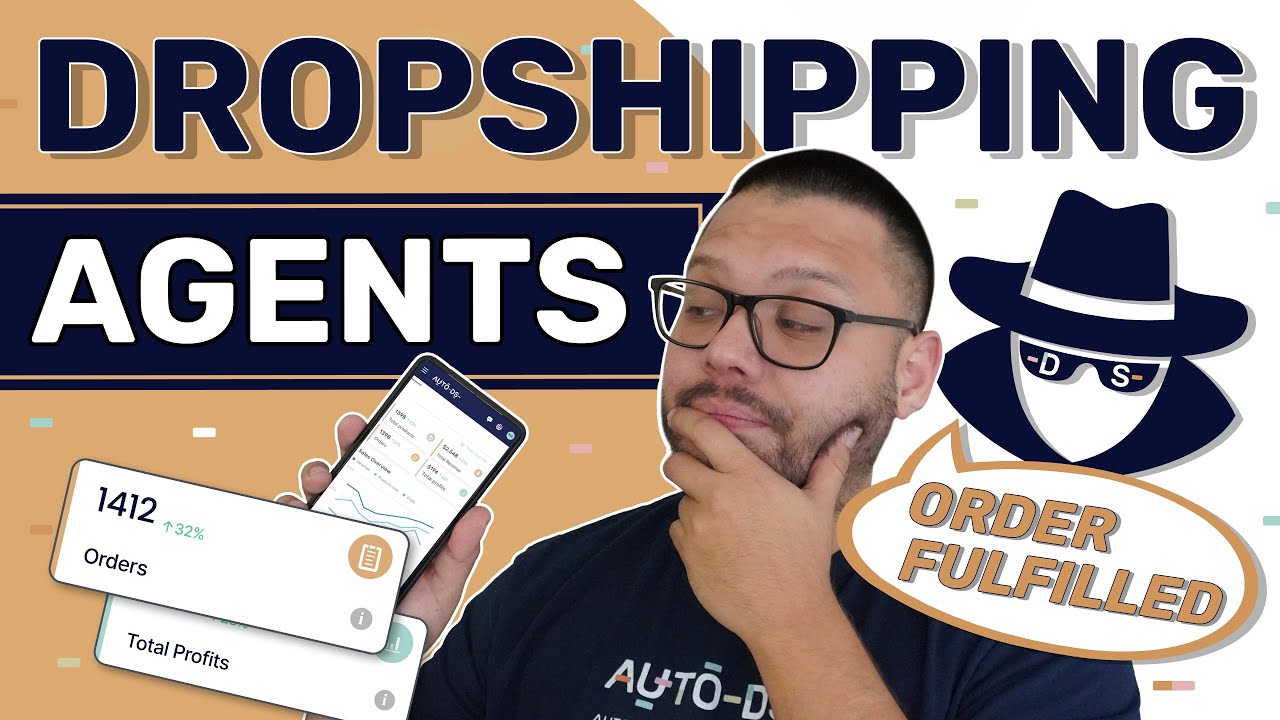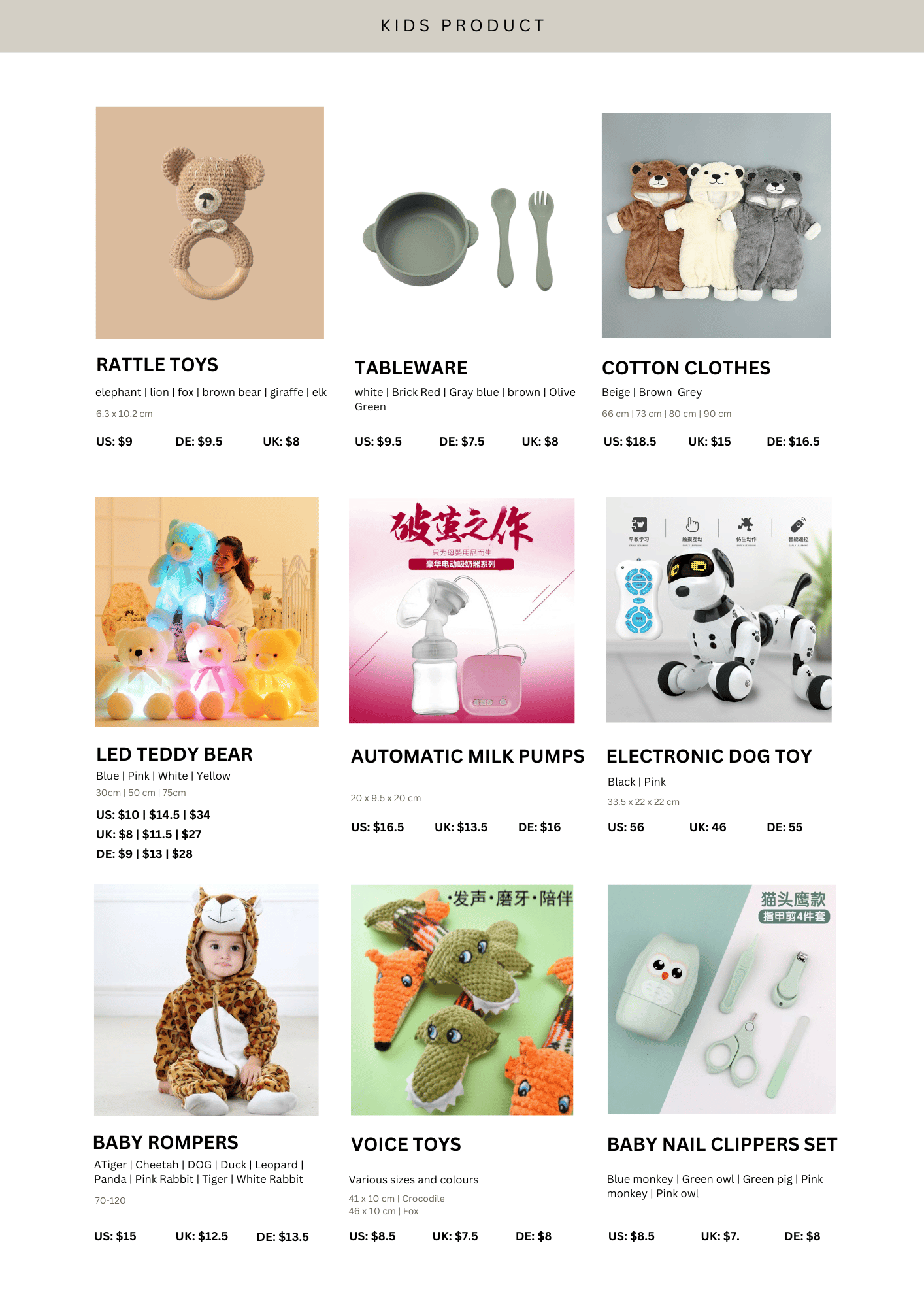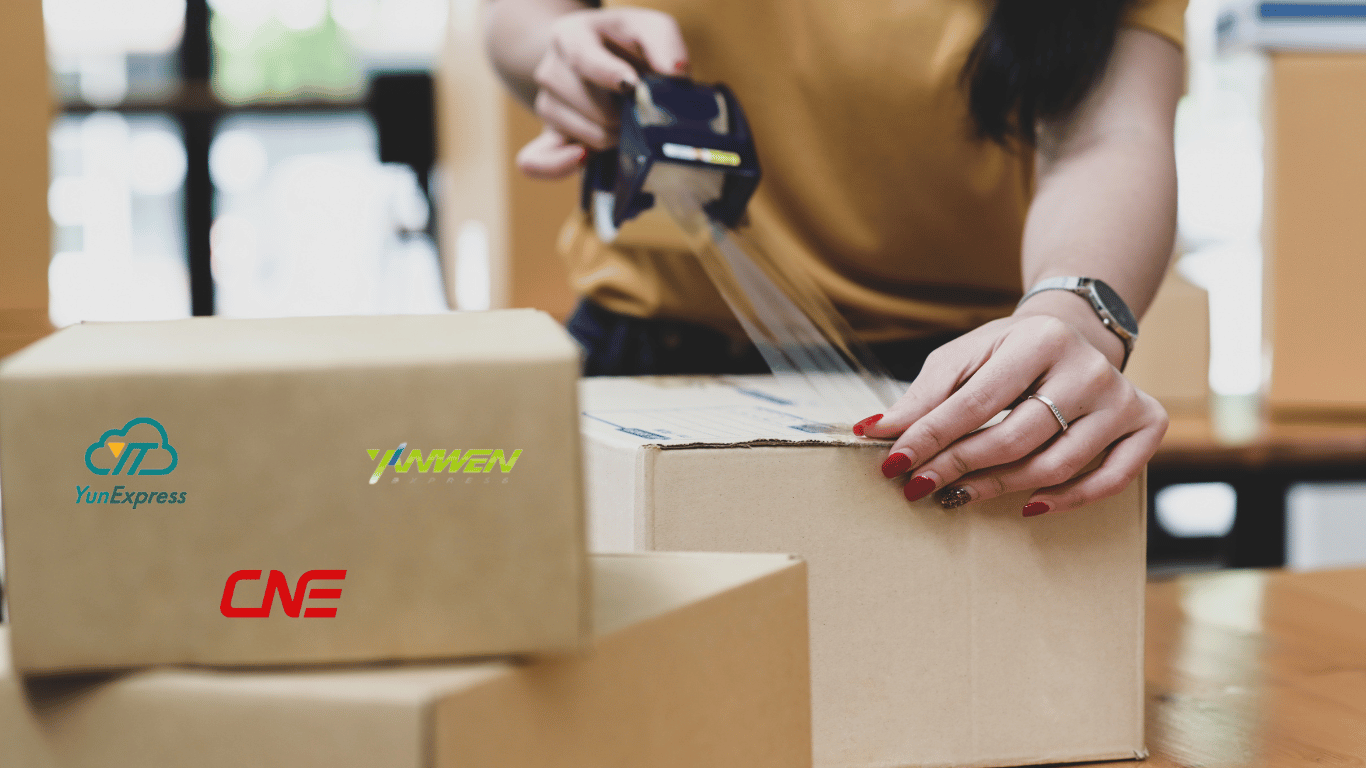Executive Summary
Choosing the right dropshipping agent is crucial for the success of your e-commerce business. A reliable agent handles sourcing, inventory management, and order fulfillment, freeing you to focus on marketing and customer acquisition. However, navigating the world of dropshipping agents requires due diligence. This comprehensive guide provides a practical framework to assess the trustworthiness of potential agents, helping you avoid costly mistakes and build a thriving online business. We’ll explore key areas to investigate, allowing you to make informed decisions and partner with an agent that truly aligns with your business goals. Don’t risk your business on a bad agent; learn how to vet them properly.
Introduction
Dropshipping offers a low-risk entry point into the e-commerce world, but its success hinges heavily on the reliability of your chosen dropshipping agent. A poorly chosen agent can lead to late shipments, damaged goods, unhappy customers, and ultimately, the demise of your business. This guide provides a detailed walkthrough, outlining essential steps to effectively verify the trustworthiness of a dropshipping agent. By following these steps, you can significantly reduce your risk and maximize your chances of building a successful and profitable dropshipping venture. Let’s delve into the critical factors you need to consider.
Frequently Asked Questions (FAQs)
Q: What’s the biggest risk of working with an untrustworthy dropshipping agent?
A: The biggest risks include damaged reputation due to late or missing shipments, product quality issues leading to customer complaints and refunds, and potential financial losses due to inaccurate order processing or fraudulent activities.
Q: How much time should I dedicate to verifying a dropshipping agent?
A: The amount of time depends on the scale of your business. For small businesses, a thorough vetting process might take a few days. Larger businesses requiring higher volumes might extend this to a week or more. Always prioritize thoroughness over speed.
Q: What happens if I discover my dropshipping agent is unreliable after I’ve started working with them?
A: This is a serious situation. You’ll need to immediately assess the damage, address customer complaints, and seek alternative solutions. This might involve finding a new agent, managing order fulfillment yourself temporarily, or even issuing refunds. Document everything and consider legal action if necessary.
Agent’s Reputation and Track Record
Choosing a dropshipping agent is like choosing a business partner; their reputation directly reflects on yours. Thorough investigation into their history is paramount.
Online Reviews and Testimonials: Actively seek out reviews on platforms like Trustpilot, Google Reviews, and others. Look for patterns in feedback, paying close attention to negative reviews and how the agent responded. A consistent pattern of negative reviews should be a significant red flag.O
Industry Awards and Recognition: Has the agent received any industry awards or recognition? This demonstrates a commitment to excellence and a proven track record.
Years in Business: While not always indicative of trustworthiness, a longer operational history suggests a level of stability and experience. However, longevity doesn’t guarantee reliability; you still need to verify their current practices.
Case Studies and Success Stories: Review case studies or success stories showcasing the agent’s work with other clients. This provides real-world examples of their capabilities and performance.
Social Media Presence: Analyze their presence on relevant social media platforms. A professional and active presence often indicates a committed and transparent business. However, lack of a presence isn’t inherently negative; focus on other factors.
Communication and Transparency
Clear and open communication is vital for a successful dropshipping partnership. A trustworthy agent will be readily available and responsive.
Response Time: Test their responsiveness by sending inquiries through various channels (email, phone, chat). A prompt and helpful response indicates a professional and customer-centric approach.
Clarity of Communication: Assess the clarity and professionalism of their communication. Are their responses comprehensive, clear, and easy to understand? Avoid agents who are vague or unresponsive.
Contractual Agreements: Ensure a clear and well-defined contract outlines responsibilities, fees, and dispute resolution mechanisms. A poorly written or missing contract is a major warning sign.
Order Tracking and Updates: A trustworthy agent will provide efficient order tracking and regular updates, keeping you informed throughout the entire fulfillment process. This transparency builds trust and helps manage expectations.
Open Communication Channels: Ensure multiple communication channels are available, allowing you to contact the agent conveniently and efficiently.
Financial Stability and Security
The financial stability of your agent directly impacts your business’s stability. Verify their financial health and security practices.
Payment Terms and Methods: Review their payment terms carefully. Understand what payment methods they accept and how they handle refunds or disputes. Avoid agents with overly complicated or unusual payment methods.
Financial Statements (If Available): While not always accessible, requesting basic financial statements can offer insights into the agent’s financial health. This is particularly relevant for larger partnerships.
Insurance and Liability Coverage: A reputable agent will have appropriate insurance coverage to protect against potential losses or damages. Inquire about their insurance policy and coverage limits.
Security Measures: Inquire about the security measures they have in place to protect your data and financial information. This is particularly crucial for sensitive information. Expect them to adhere to relevant data protection regulations (like GDPR or CCPA).
Background Checks (If Possible): Conduct thorough background checks, if feasible. This may include searching for business registration information and verifying their legal status.
Sourcing and Product Quality
The quality of products offered directly impacts your customer satisfaction and brand reputation. Verify the sourcing and quality control procedures.
Sourcing Strategies: Understand their sourcing strategies. Do they source from reputable manufacturers? Do they perform quality checks before shipping? Cheap sourcing often leads to inferior products and dissatisfied customers.
Product Samples: Request product samples before committing to a large-scale partnership. This allows you to assess the quality firsthand and ensure it aligns with your standards.
Quality Control Processes: Inquire about their quality control processes. A rigorous quality control system minimizes the risk of receiving defective or damaged products.
Return and Exchange Policies: Understand their return and exchange policies. This protects both your business and your customers in case of issues with the products.
Supplier Relationships: A strong relationship with reliable suppliers ensures consistent product availability and quality. Inquire about the length and strength of the agent’s supplier relationships.
Technology and Infrastructure
The technology and infrastructure used by your dropshipping agent directly impact efficiency and reliability.
Inventory Management System: Inquire about their inventory management system. A robust system ensures accurate tracking and prevents stockouts or overstocking. Learn how they manage real-time inventory updates.
Order Fulfillment Process: Understand their order fulfillment process in detail. This includes order processing, packaging, shipping, and tracking. A well-defined and efficient process is critical for timely delivery.
Technology Integration: Can they integrate with your existing e-commerce platform? Seamless integration streamlines operations and reduces manual work.
Data Security and Privacy: Verify their commitment to data security and privacy. They should have measures in place to protect your customer data and comply with relevant regulations.
Scalability: Ensure their infrastructure can scale with your business growth. Avoid agents with limited capacity if you anticipate rapid expansion.
Conclusion

Choosing a trustworthy dropshipping agent is a critical decision that significantly impacts your e-commerce business’s success. By diligently following the steps outlined in this guide, including verifying their reputation, assessing communication, analyzing financial stability, evaluating sourcing and product quality, and scrutinizing their technology and infrastructure, you can dramatically reduce the risks and improve your chances of establishing a thriving and profitable online business. Remember, thorough due diligence is an investment that pays off handsomely in the long run, protecting your brand, your customers, and your bottom line. Don’t rush this process; take the time to make the right choice.



